
A Decade of Flat Wages
The Key Barrier to Shared Prosperity and a Rising Middle Class
Read or listen offline
Amazon KindleRecommendation
How can the United States get its economy out of the doldrums? After a brief expansionary period with “cash for clunkers” schemes and other wheezes at the start of the financial crisis, the focus has remained firmly on monetary solutions. Economists Lawrence Mishel and Heidi Shierholz make a case for returning to an earlier approach to economic policy. They emphasize jobs, workers’ bargaining rights and wage rises to drive economic growth, with a particular focus on boosting the beleaguered middle class. While heavy on statistics, their paper is highly accessible, and getAbstract recommends their analysis of the US’s stagnant wage market to anyone looking for alternative views on how to spur economic growth.
Summary
About the Authors
Lawrence Mishel is president of the Economic Policy Institute, where Heidi Shierholz is an economist.








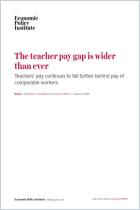
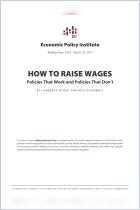
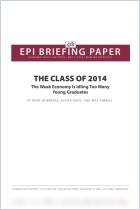
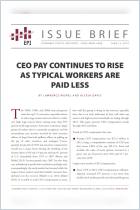
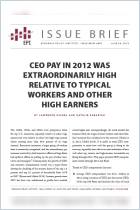
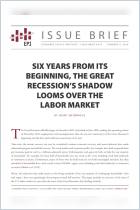
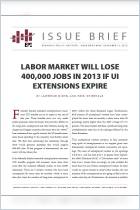
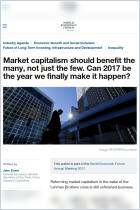

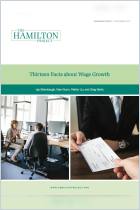
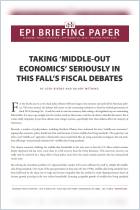
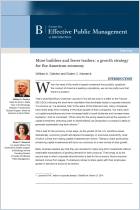
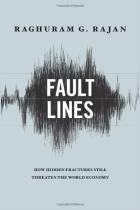





Comment on this summary